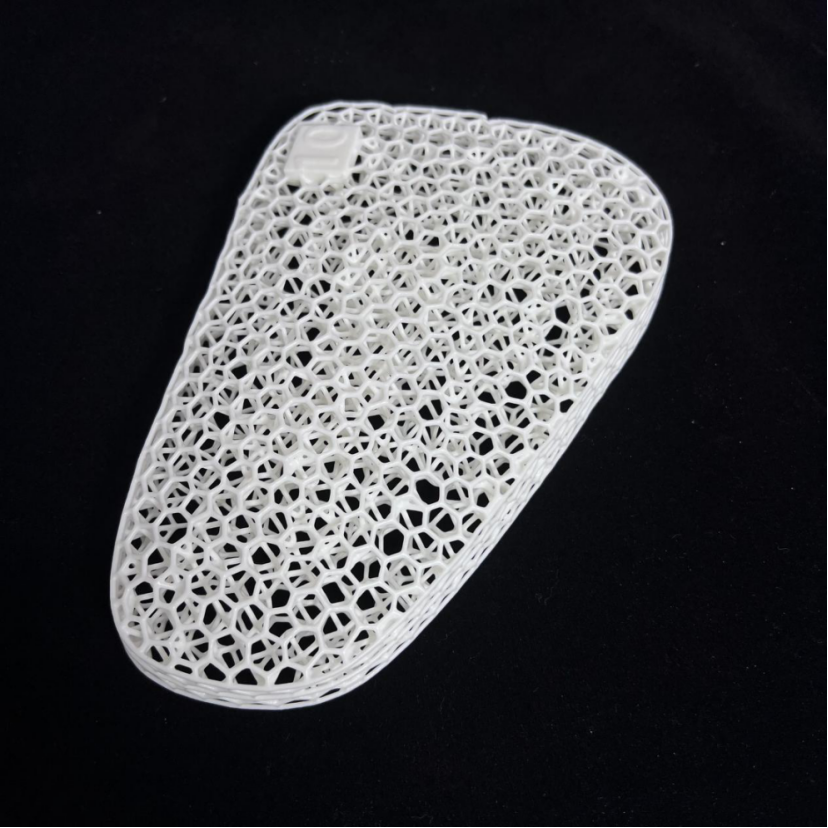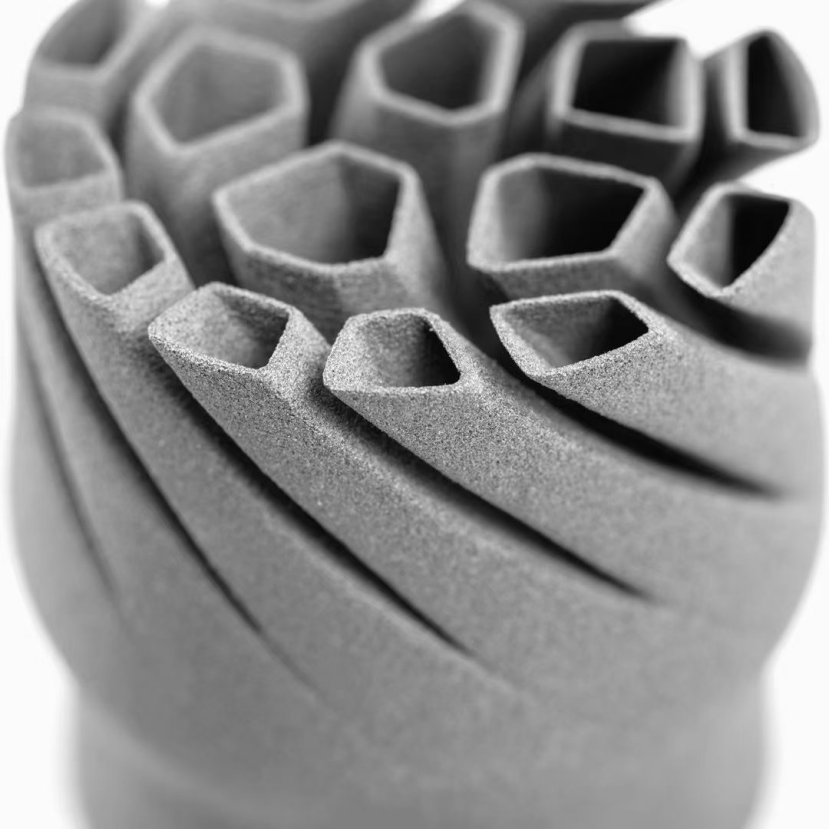metal parts fabricators
Metal parts fabricators are specialized manufacturing facilities that transform raw metal materials into precise, customized components for various industries. These facilities combine traditional metalworking techniques with advanced manufacturing technologies to produce high-quality parts that meet exact specifications. Modern metal fabricators utilize state-of-the-art equipment including CNC machines, laser cutters, and automated welding systems to ensure consistent quality and precision. They offer comprehensive services from initial design and prototyping to full-scale production, incorporating processes such as cutting, forming, welding, and finishing. These fabricators work with diverse materials including steel, aluminum, copper, and various alloys, catering to industries ranging from automotive and aerospace to construction and consumer goods. Quality control measures, including dimensional inspection and material testing, are integral to their operations, ensuring that each component meets industry standards and customer requirements. The integration of computer-aided design (CAD) and computer-aided manufacturing (CAM) systems enables these fabricators to handle complex geometries and maintain tight tolerances while optimizing production efficiency.


